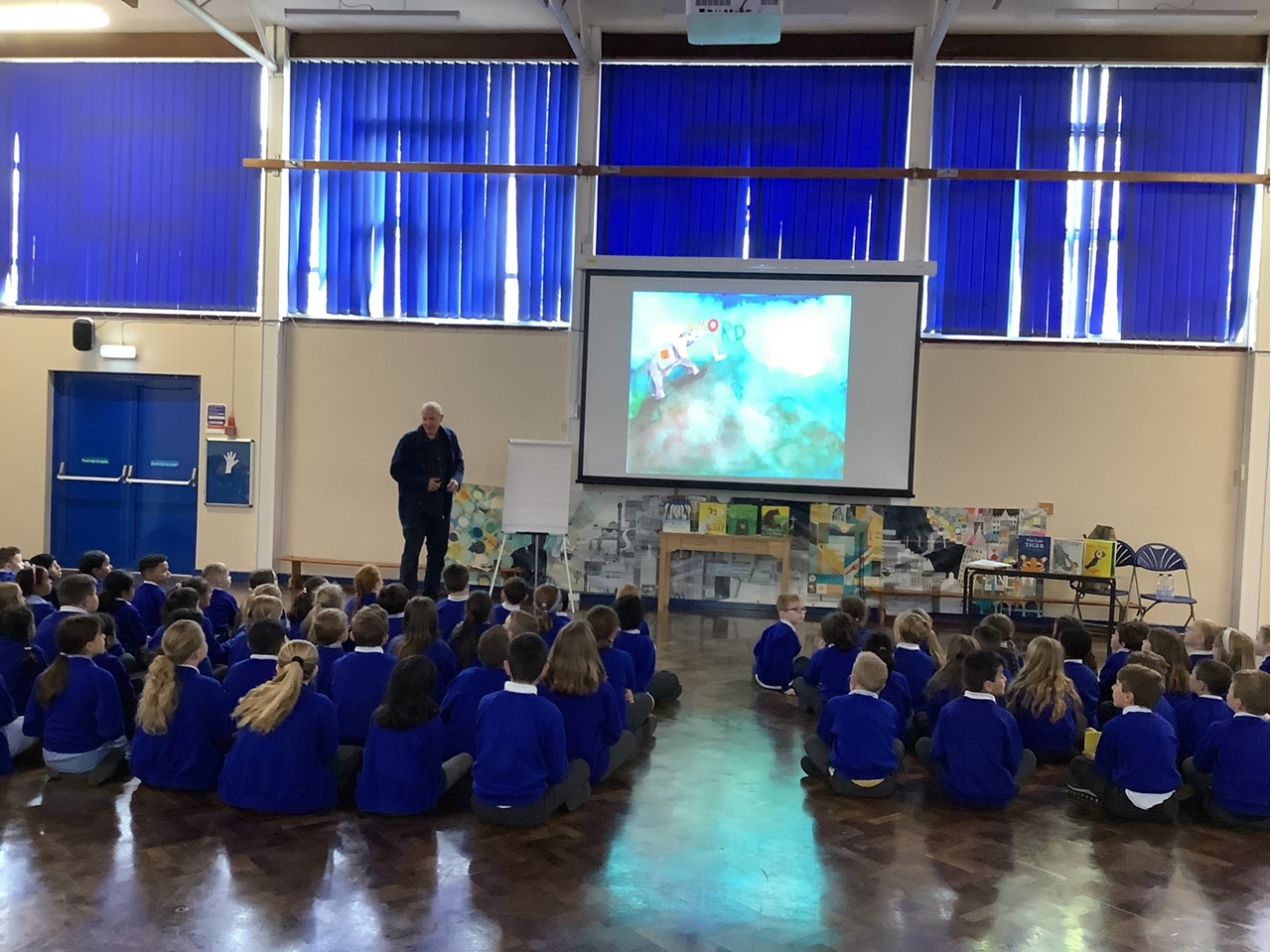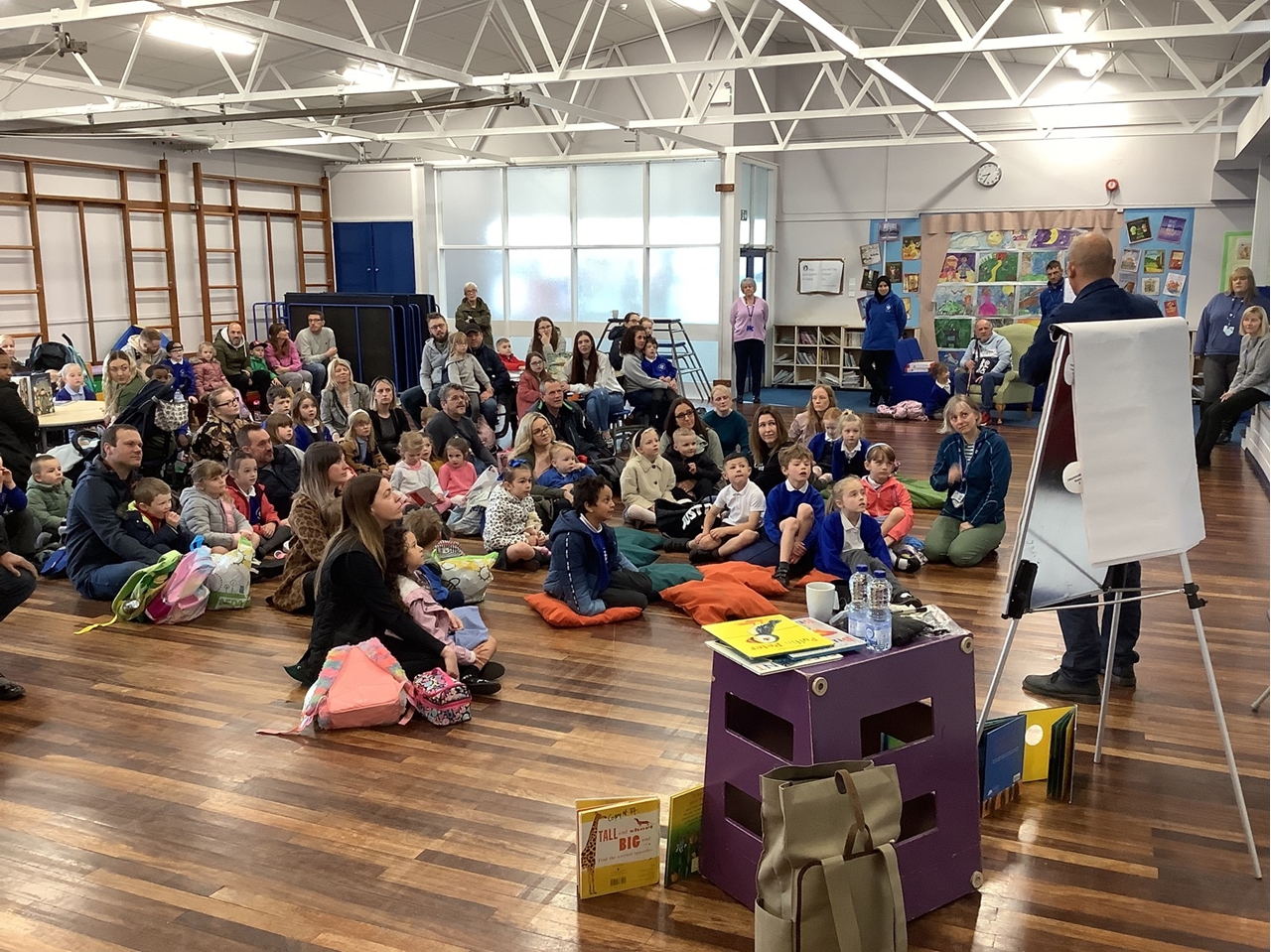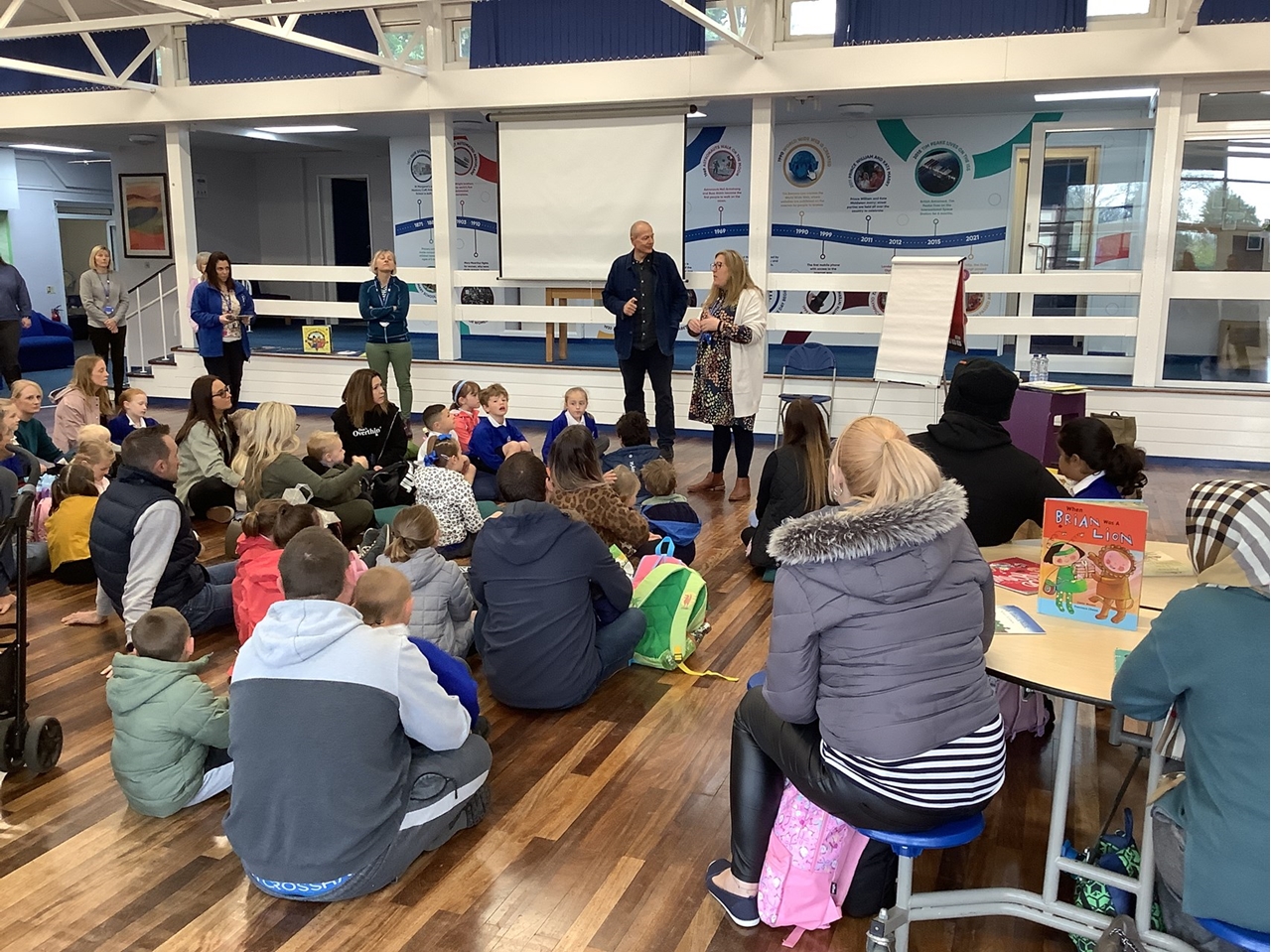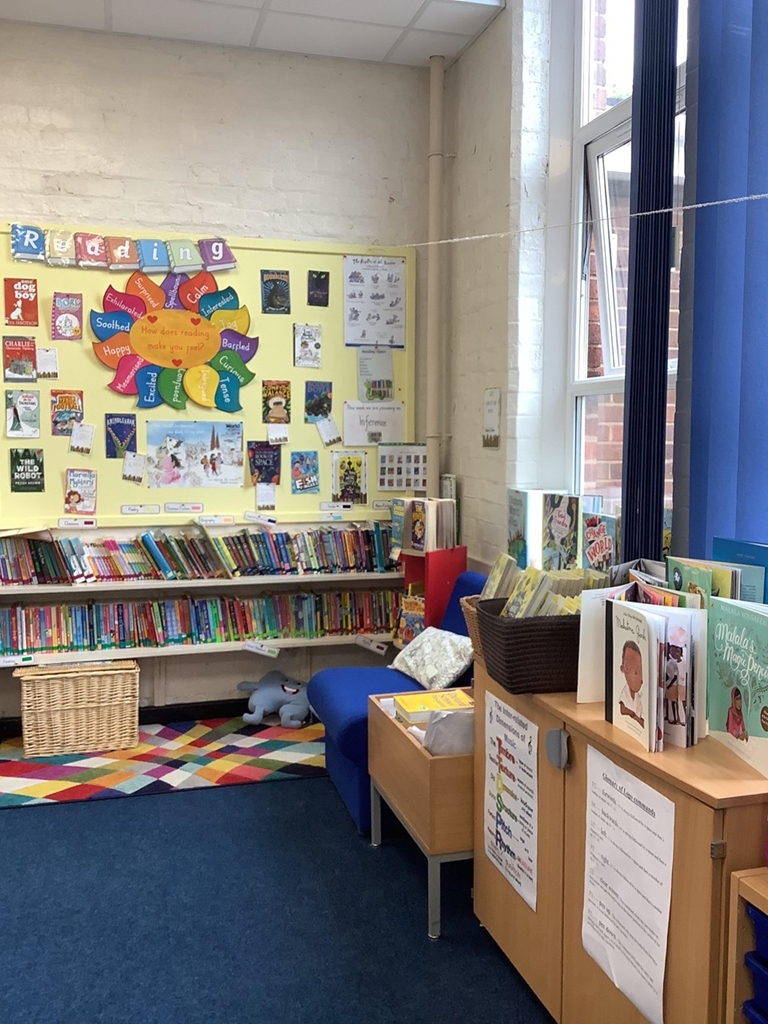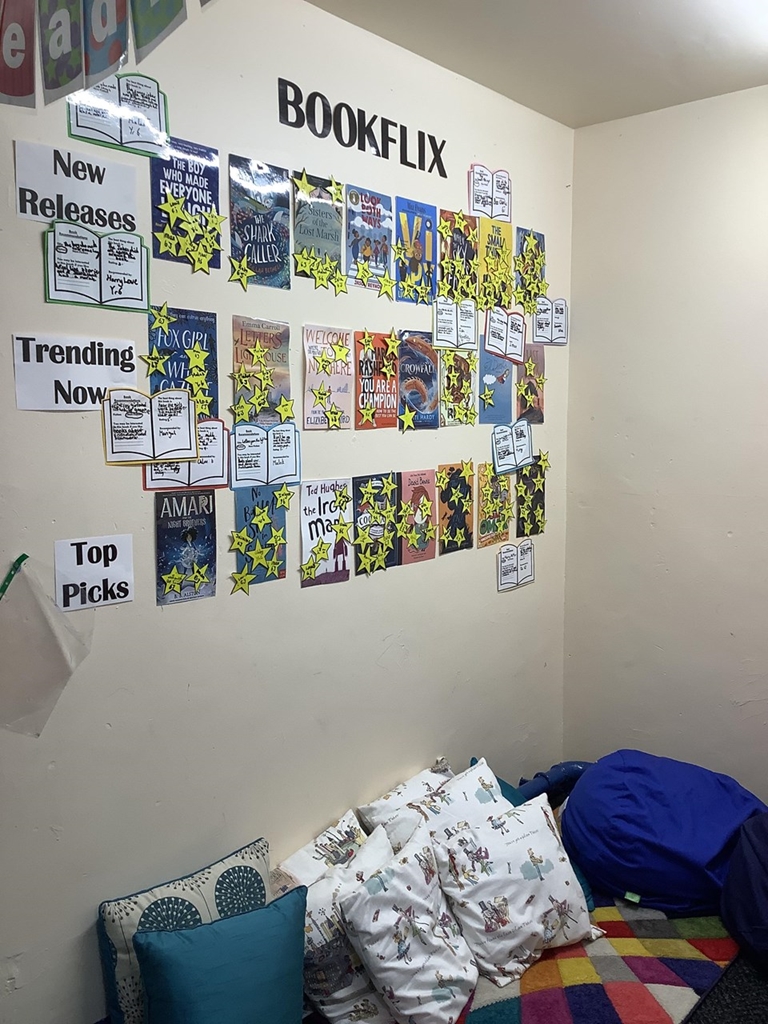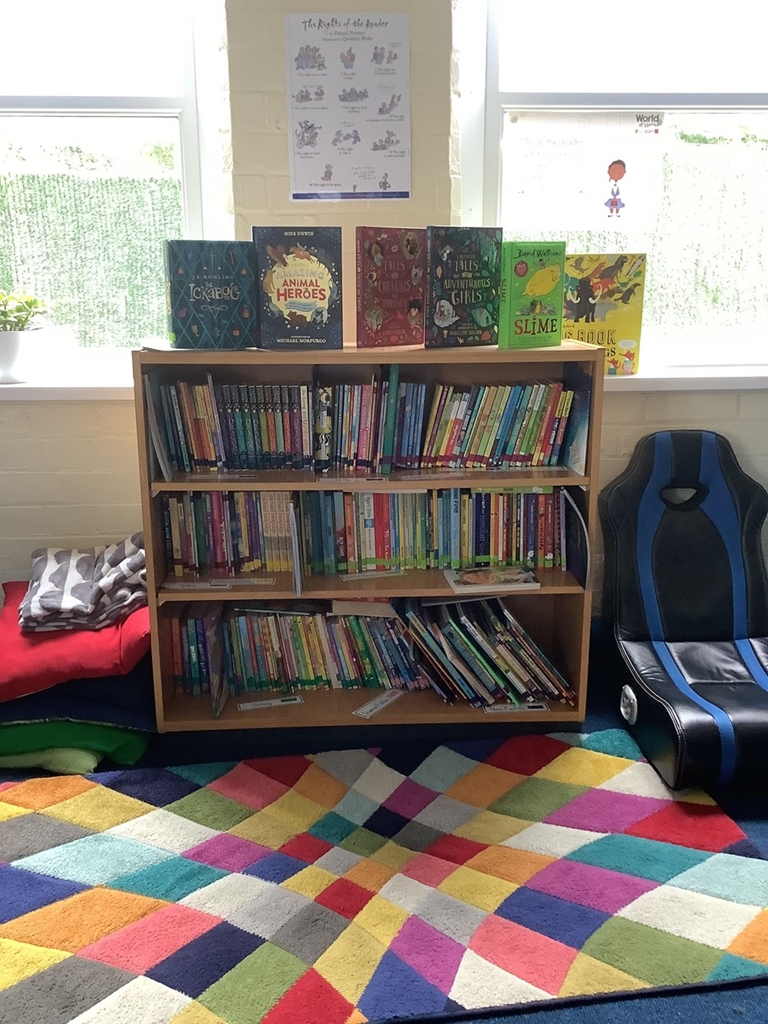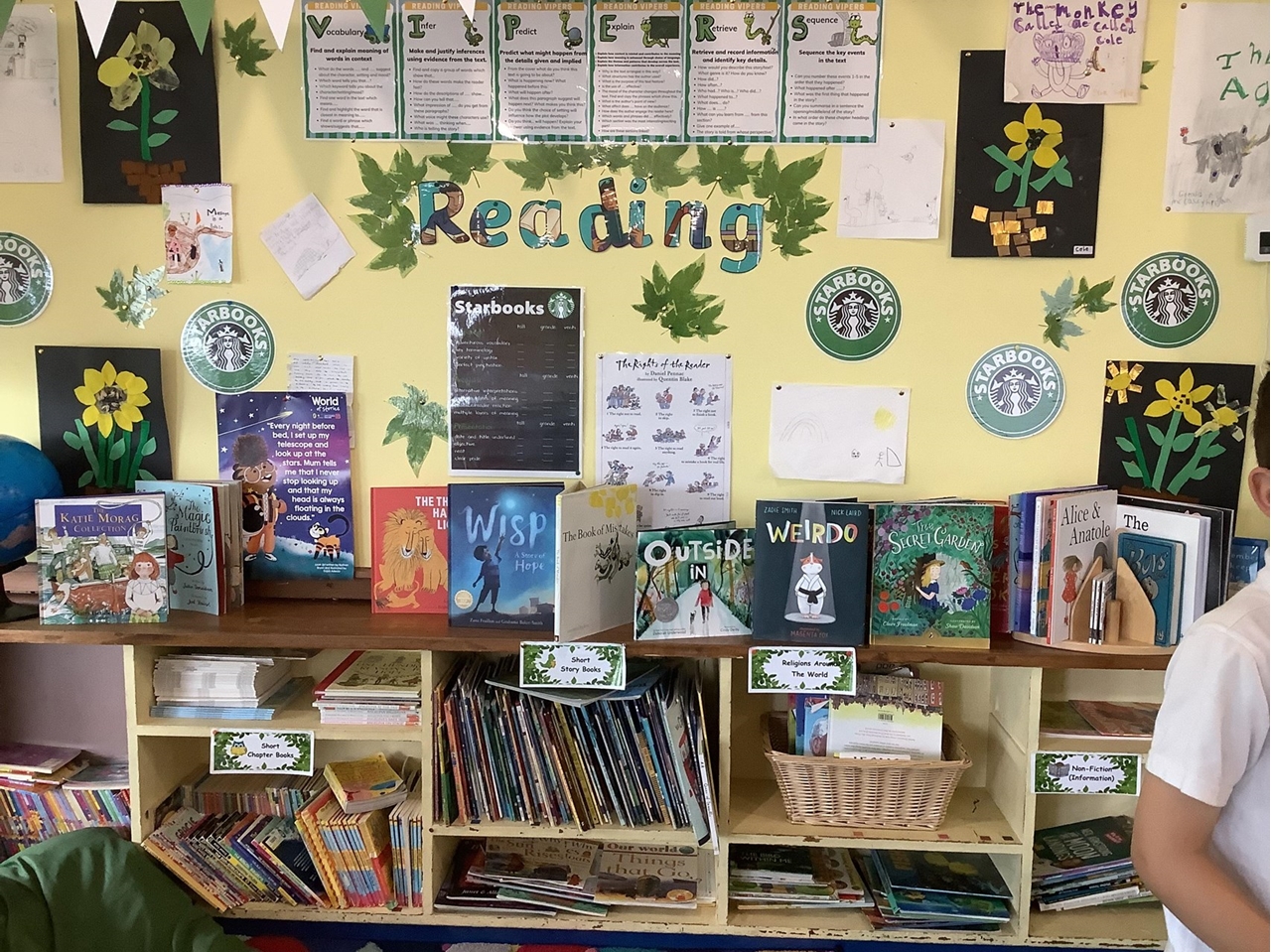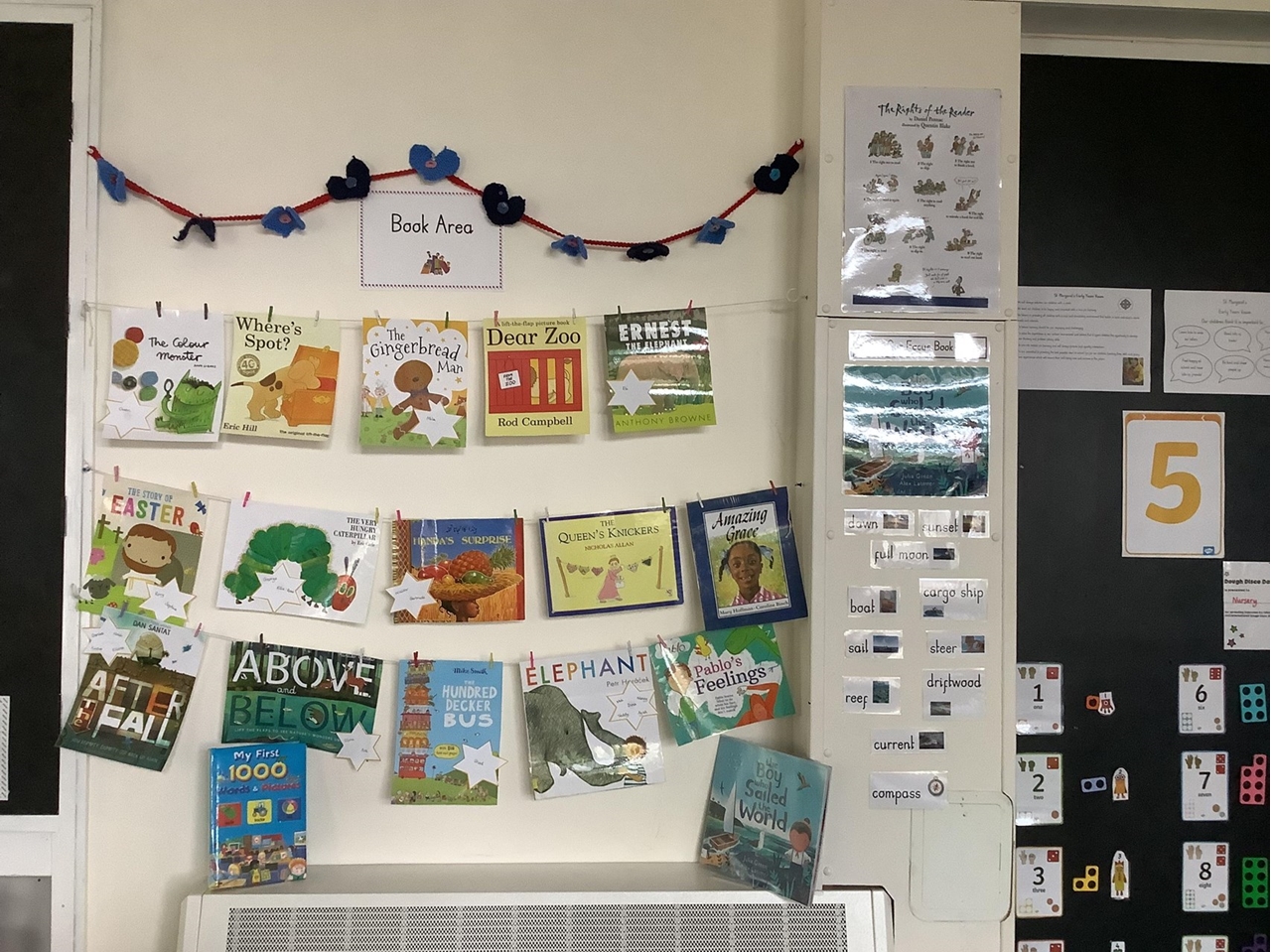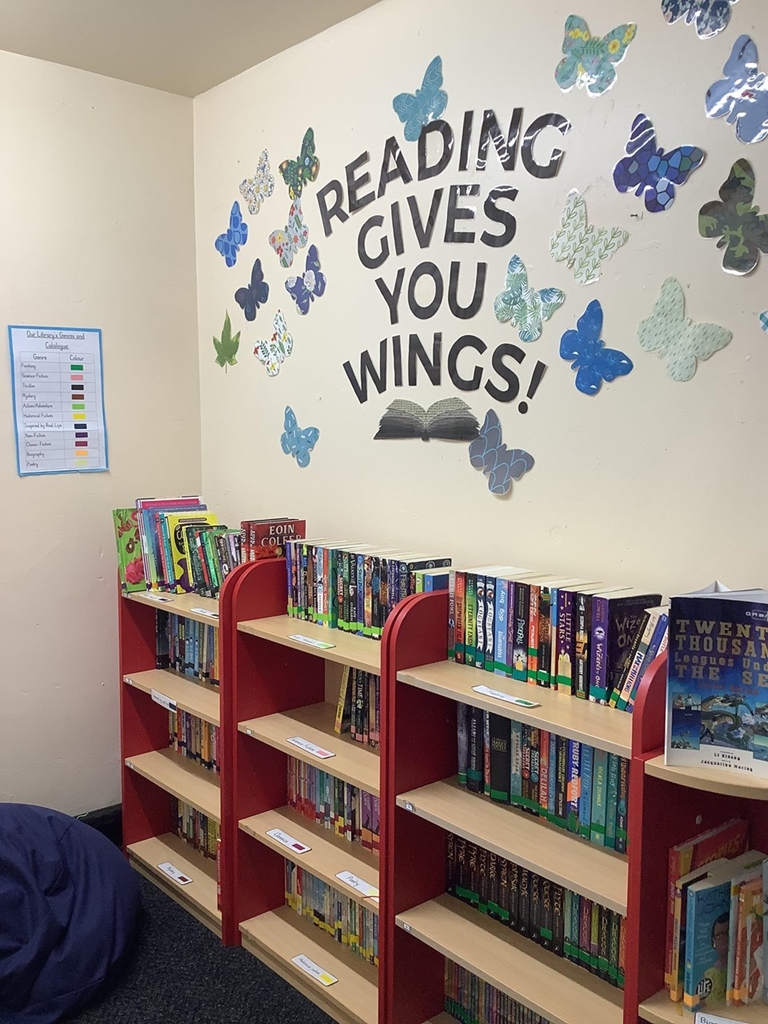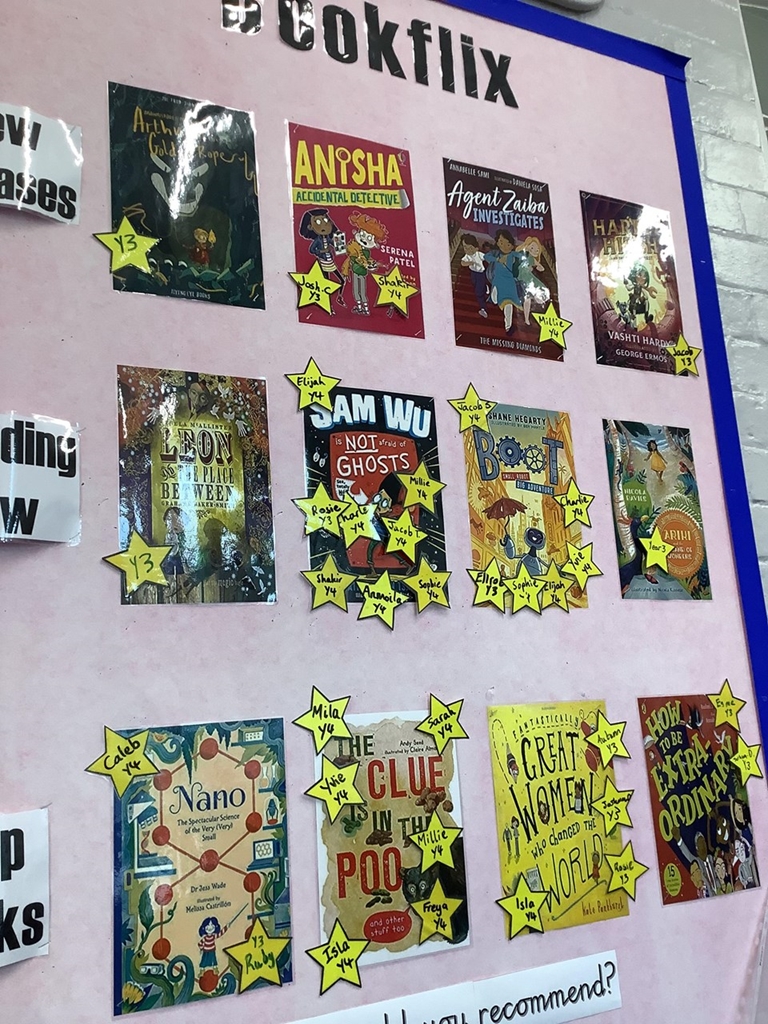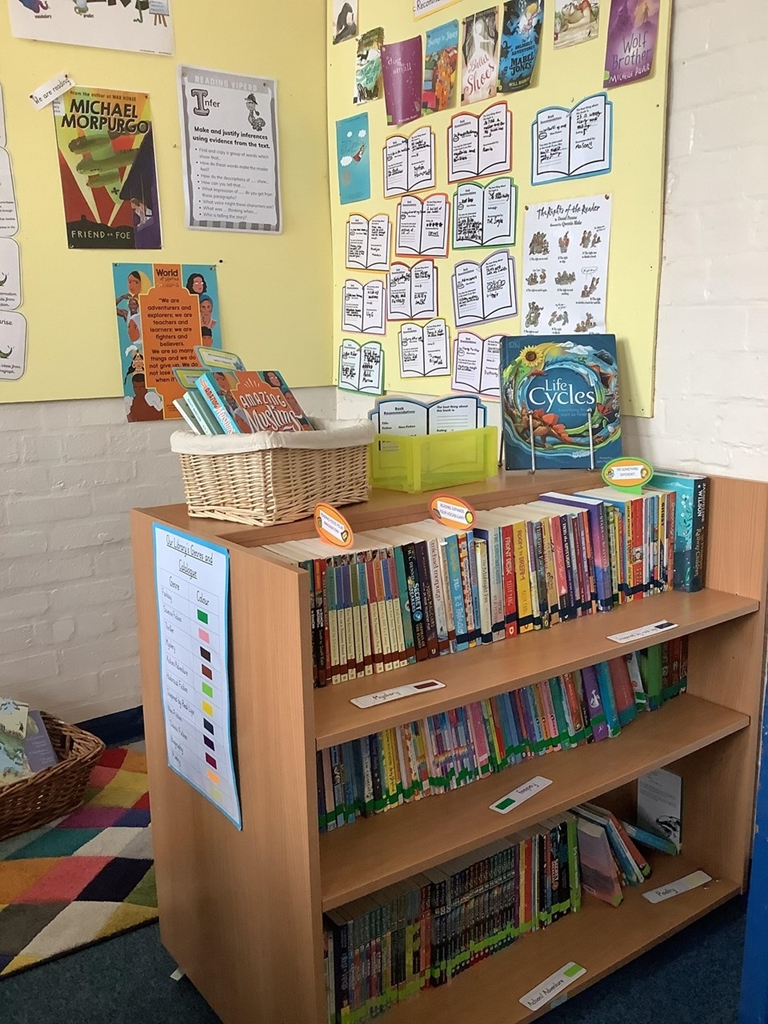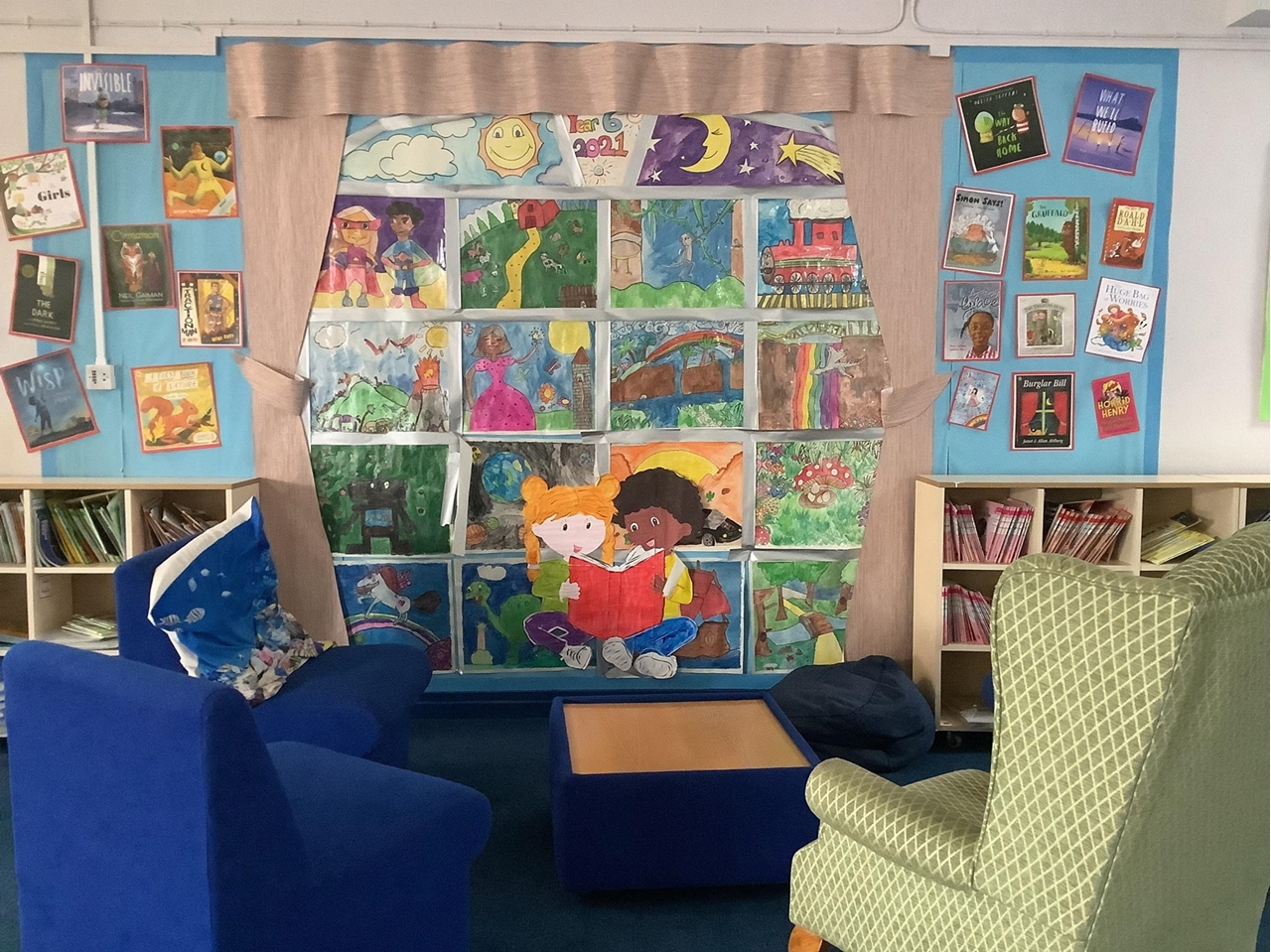Reading
At St Margaret’s at Hasbury, staff recognise that the teaching of English underpins a child’s ability to access all areas of the curriculum through the development of fluent reading and an ability to organise and communicate their ideas effectively on paper.
EYFS and KS1
The development of reading fluency is the priority in EYFS and KS1. Research suggests reluctant readers are those who are pushed through reading while not being fluent. Our approach to early reading is to ensure fluency is developed from an early age and all pupils develop a deep love of reading. All staff have received support and training in developing children to become fluent readers. In KS1, children read in groups until the late spring term or early summer term in Year 2. Teachers follow a cycle to develop the children's comprehension with weekly lessons focusing on a particular domain. Children who need extra support with reading have 1 to 1 reading lessons in the afternoon.
We use Collins Big Cat books in EYFS and KS1, in order to support every child with their reading journey to develop a strong phonic knowledge and a love of reading. As they progress through each phonic phase, children will become fluent readers through high-quality fiction and non-fiction banded books. Each fully decodable book is aligned to each child's phonics ability to ensure all pupils in EYFS and KS1 move from decoding words to reading fluently. Each pupil's reading journey is tracked to ensure systematic progression for each pupil by their class teacher.
How to support your child in developing their fluency
Supporting the development of reading fluency is an integral part of all future learning. There are a number of strategies that parents can do at home to support their child. It is important to discuss any key words that may be unfamiliar with a child prior to reading, sounding and blending those words that children may not recognise and modelling how a text should sound with expression by re-reading the sentence or paragraph when a child has completed a sentence or section. Our emphasis is on quality not quantity and your child may be encouraged to re-read a text a number of times to help develop their automaticity.
KS2
The teaching of comprehension is timetabled throughout the school and taught on a daily basis in all year groups. As a school we know that children's comprehension skills are developed once they are competent readers. The teaching of comprehension in daily lessons takes a sharper focus in Year 3 onwards when children are reading fluently. Whole class reading is based around a quality text in KS2 and our children are exposed to wide range of genres.
All classes visit the library each term. Teachers talk about children's books and children can talk about books to their peers, as we are firm believers in 'Book Talk' and the teacher as the reading model. At the end of the day, teachers and children drop everything and read. The books read to the children are chosen from our class libraries and are shared so that our children develop an even wider understanding of the world around us that helps them make links with the wider community. We hope to share knowledge with our children, through a love of reading, that will help them develop a range of aspirations for their future fostering curiosity through each word and page.
